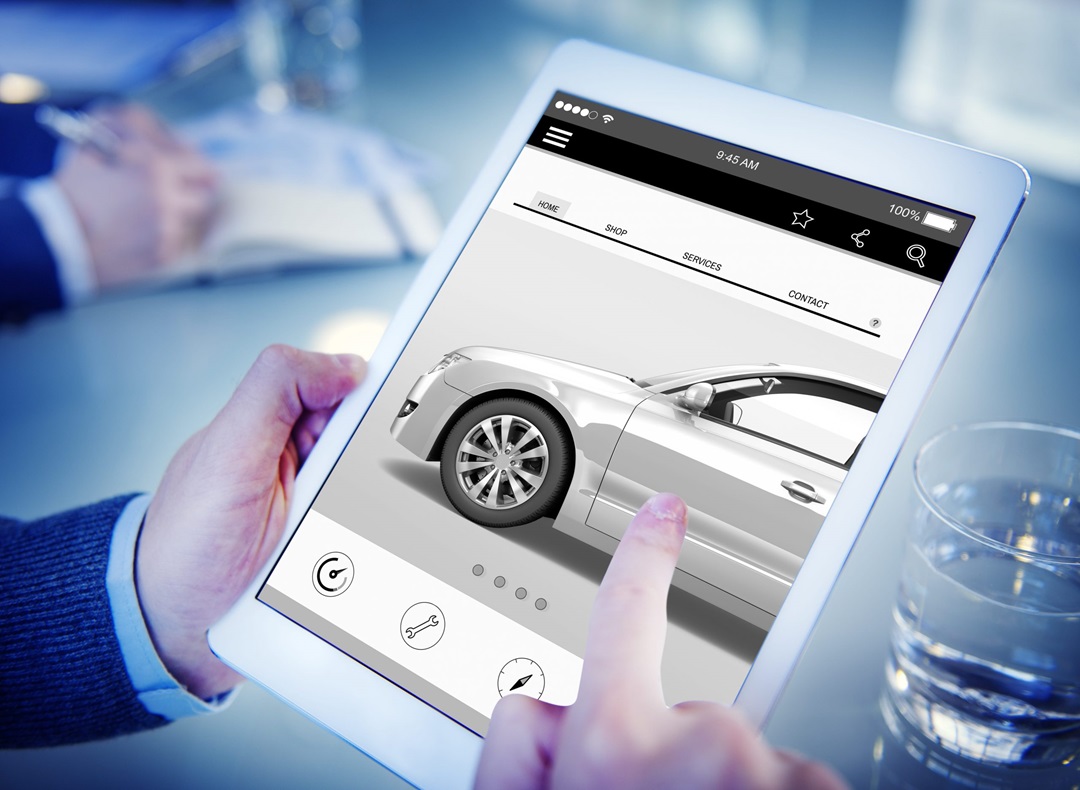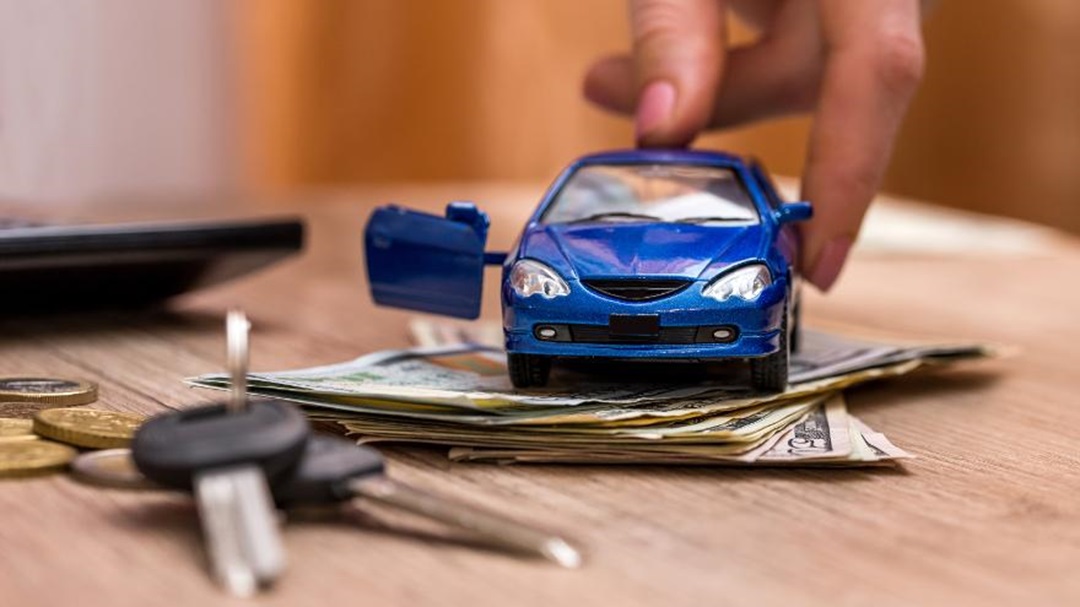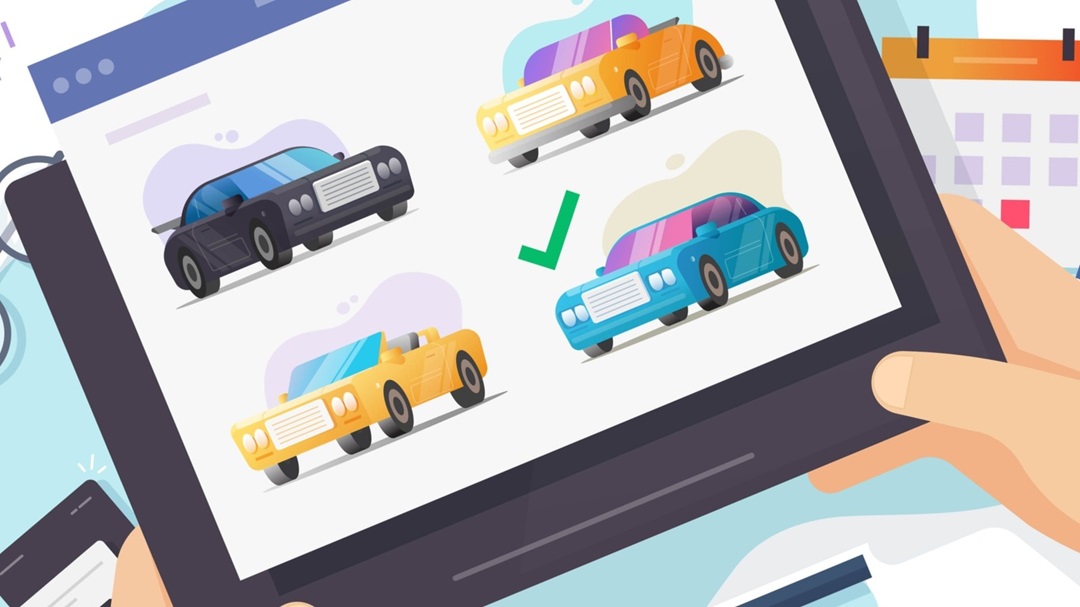This is the 5 important things to do when buying a used car right here....
Buying a used car can be an exciting yet challenging experience. The allure of finding a great deal and the satisfaction of driving off in a vehicle that suits your needs can overshadow potential pitfalls. To make sure your used car purchase is a success, there are five vital steps you should take. In this comprehensive guide, we'll explore these steps, with a particular focus on the crucial final task: ensuring your investment with the purchase of a warranty.
1. Comprehensive Research: Knowledge is Key
Before diving into the world of used car shopping, arm yourself with knowledge. Research various makes and models that align with your preferences and requirements. Consider factors like fuel efficiency, maintenance costs, and reliability ratings. Online reviews and forums can offer valuable insights into the real-world experiences of other drivers with the same type of car you're interested in.
Additionally, take advantage of vehicle history reports from services like Carfax or AutoCheck. These reports can reveal essential information about a car's past, including accidents, title issues, and odometer discrepancies. A clean history report doesn't guarantee a problem-free future, but it does help you identify potential red flags.

2. Establish a Realistic Budget: Beyond the Purchase Price
A common mistake many buyers make is focusing solely on the purchase price. While getting a good deal on the car is important, it's equally crucial to establish a realistic budget that considers the total cost of ownership. Factor in insurance, taxes, registration fees, routine maintenance, and potential repairs when determining your budget.
Be prepared for negotiations, as used car prices are often negotiable. Knowing the market value of the specific make and model you're interested in gives you an advantage during negotiations, helping you secure a fair deal. Patience is key, so don't hesitate to haggle and walk away if the terms don't align with your budget.
3. Thorough Inspection: Eyes on Every Detail
Once you've identified a potential candidate, it's time for an in-depth inspection. If you're not mechanically inclined, bring along a knowledgeable friend or consider hiring a professional mechanic to thoroughly examine the car. Pay close attention to various aspects:
- Exterior: Look for signs of rust, dents, and inconsistencies in paint color, which could indicate previous repairs.
- Interior: Inspect the condition of seats, dashboard, and controls. Unusual odors might suggest water damage or mold.
- Under the Hood: Check for leaks, unusual noises, and signs of neglect. Examine fluid levels, belts, and hoses.
- Test Drive: Take the car for a test drive to evaluate its handling, braking, and overall performance. Listen for any unusual sounds and pay attention to how the vehicle responds.
- Documentation: Request and review maintenance records, including receipts for recent repairs and services. A well-documented history provides insight into the car's maintenance.
4. Consider a Pre-Purchase Inspection: An Extra Layer of Assurance
While a thorough inspection is crucial, consider adding an extra layer of assurance with a pre-purchase inspection (PPI). A PPI involves a comprehensive examination by a qualified mechanic not affiliated with the seller. This independent assessment can uncover hidden issues and provide an unbiased evaluation of the car's condition.
A PPI typically includes a detailed inspection of critical components, such as the engine, transmission, suspension, and more. Although it comes at an additional cost, the peace of mind it offers is well worth the investment, especially when making a significant purchase like a used car.

5. Ensure Your Investment: Make Sure To Buy a Warranty
The fifth and final step in your used car buying journey is one that can often be overlooked but is of utmost importance—purchasing a warranty. A warranty serves as a safety net, offering protection against unforeseen mechanical issues and potentially saving you from significant repair costs. Here's why buying a warranty is crucial:
- Extended Coverage: Unlike new cars that come with a manufacturer's warranty, most used cars are sold "as-is." This means you're responsible for any repairs once the deal is finalized. Purchasing an extended warranty extends the coverage, providing protection against unexpected breakdowns.
- Budget Predictability: A warranty allows you to plan for future expenses more effectively. Instead of worrying about potentially expensive repairs, you can budget for the cost of the warranty, providing financial peace of mind.
- Increased Resale Value: Some warranties are transferable, meaning that if you decide to sell the car before the warranty expires, you can include it as a selling point. This added benefit can make your used car more attractive to potential buyers.
- Choice of Repair Facility: Depending on the warranty, you may have the flexibility to choose where the repairs are performed. This can be particularly advantageous if you have a trusted mechanic or prefer to use a dealership.
- Comprehensive Coverage: Warranties can cover a range of components, including the engine, transmission, electrical systems, and more. Be sure to carefully review the terms and conditions to understand the extent of the coverage.
When considering a warranty, read the terms and conditions carefully. Understand what is covered, what is excluded, and any deductibles that may apply. Consider the reputation of the warranty provider and choose a plan that aligns with your driving habits and the age of the vehicle.
Conclusion
Buying a used car requires careful consideration and attention to detail. Conduct thorough research, set a realistic budget, inspect the car diligently, consider a pre-purchase inspection, and, most importantly, make sure to buy a warranty to safeguard your investment. Patience and diligence in the buying process will ensure that your used car not only meets your expectations but also provides a reliable and worry-free driving experience. Now you have the upper hand with the 5 important things to do when buying a used car.

